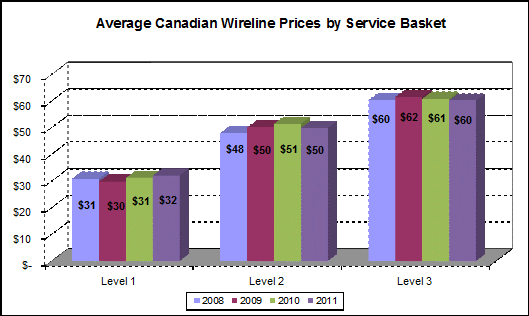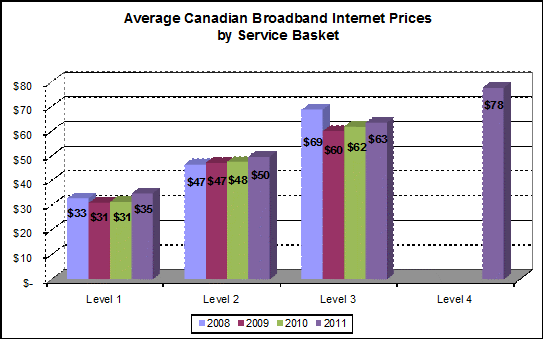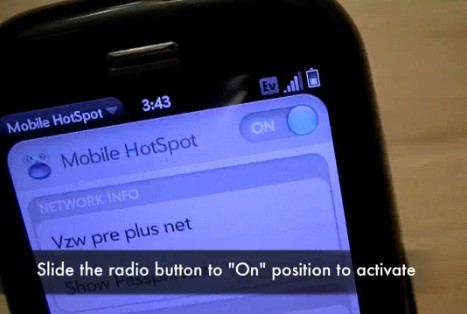 Stop the Cap! readers Tom and Scott both sent word that the music industry, Hollywood studios, and your Internet Service Provider have teamed up to begin inspecting your downloading activity looking for evidence you are grabbing illegal, copyrighted content from the Internet.
Stop the Cap! readers Tom and Scott both sent word that the music industry, Hollywood studios, and your Internet Service Provider have teamed up to begin inspecting your downloading activity looking for evidence you are grabbing illegal, copyrighted content from the Internet.
ISPs ranging from Comcast, Verizon, Time Warner Cable, Cablevision, and AT&T are installing the “Copyright Alert System,” an industry-approved “solution” to copyright theft of online content. Your ISP will receive word if either the music or movie industry suspects you are trying to download an episode of your favorite TV show or latest Hollywood film from an “unauthorized” download site. Then, the ISP will start sending you warnings or redirect your web browsing to Alert Purgatory, the place where you learn you are suspected of copyright theft, but haven’t yet been convicted for it.
If you don’t contact your ISP straight away to protest your innocence, your provider may then begin redirecting all of your web journeys to the copyright theft warning website and leave you there until you convince your ISP you are not doing anything wrong.
The voluntary agreement between service providers and copyright owners delivers very little to consumers, despite protestations to the contrary by the cable industry lobbying group — the National Cable & Telecommunications Association.
“Consumers have a right to know if their broadband account is being used for illegal online content theft, or if their own online activity infringes on copyright rules—inadvertently or otherwise—so that they can correct that activity,” said James Assey, executive vice president of the NCTA.
Innocent or not, consumers who wish to seek an independent review before their ISP redirects every web address to the enforcement page, can get one — for the low, low price of $35.
Where that money ultimately goes is anybody’s guess, and nobody yet understands the exact mechanism of how consumers can prove their innocence.
Stop the Cap! believes this system does not serve consumers well. Copyright enforcement measures taken by the music and movie industry in the past have proven to be far from well-targeted, using a “sue first, ask questions later” approach that has cost some consumers thousands of dollars to settle threatened litigation that would have cost far more to defend in court — guilty or not.
YouTube videos cited for copyright enforcement claims may irritate those who uploaded them, but never put YouTube visitors at risk of the Copyright Alert System just for landing on one that a studio executive deemed copyright theft. Forcing a consumer to pay $35 to defend themselves from watching that New Order music video from the 1980s is simply unacceptable.
Copyright theft is a serious problem, and we don’t blame content owners for seeking to protect what is rightfully theirs. But as we have learned over the last 20 years, overzealous protection measures have always backfired. Openly available, legally accessed content from sites like Hulu have put a major dent in illegal downloading of entertainment from torrent sites and file hosting providers. It’s more convenient, and the studios sell well-tolerated advertising to help pay for the costs.
Solutions like that are far superior than spying on web traffic looking for “illegal downloads” using unknown mechanisms which could prove as unreliable as earlier copyright enforcement efforts. In the past, profit-making companies with an incentive to identify “theft” have been hired to ferret out those suspected to stealing online movies and music. With a financial motive to lean towards guilt before innocence, subscribers confront the very real possibility they’ll have to pay $35 to try and prove a negative – that they didn’t engage in illegal downloading.


 Subscribe
Subscribe












